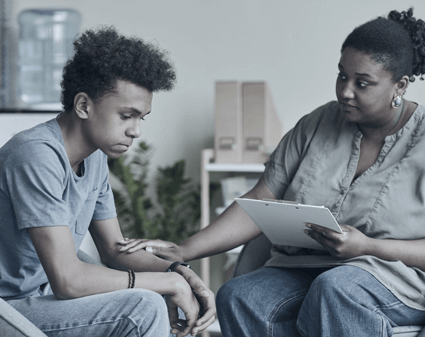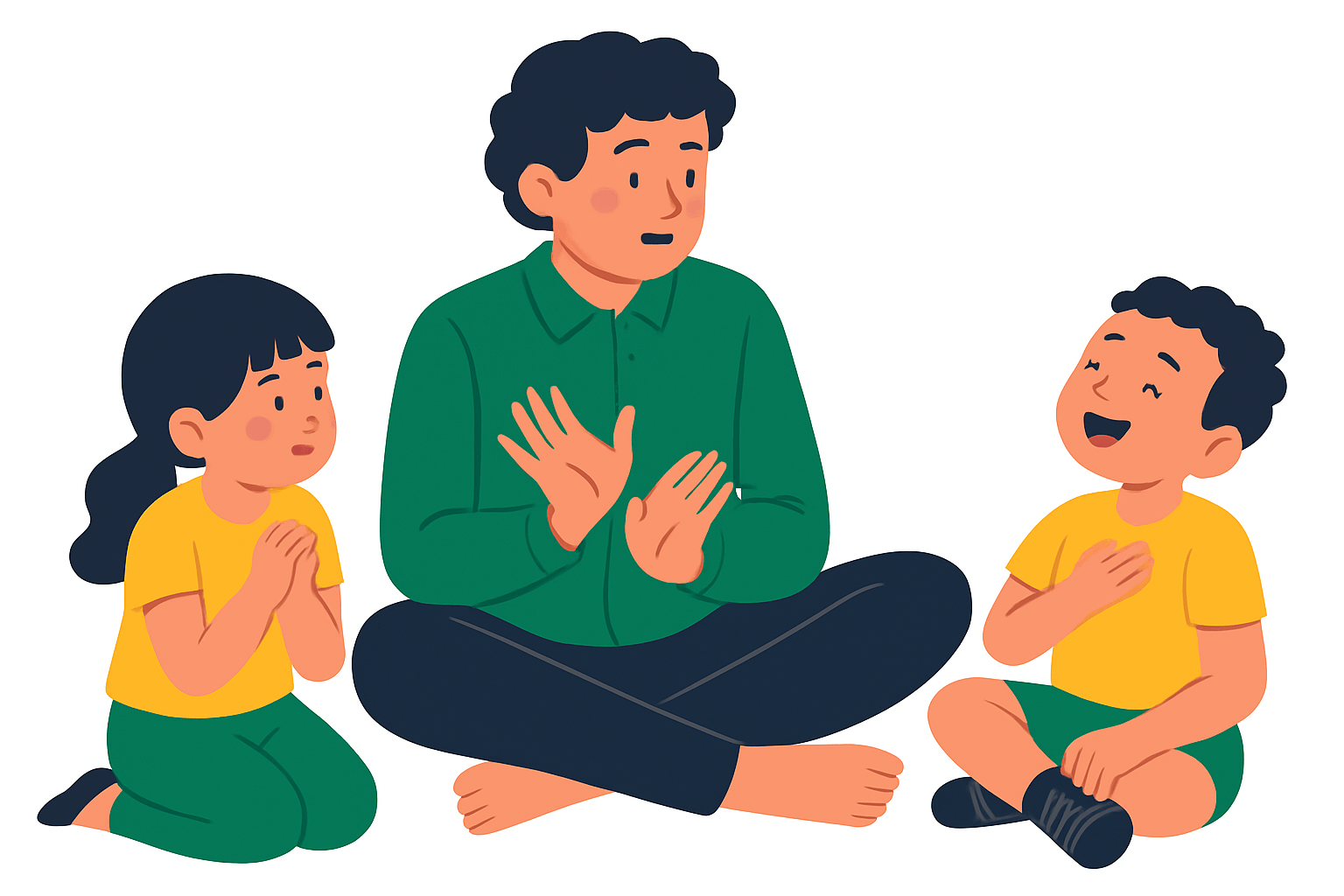Children Programs & Services

Children and Family
Are you seeking recovery from a mental health disorder or substance use disorder for your child? Or do you need information to help you understand what is happening to your child?
If so, CFBHN can provide you with information, resources, and links to services that can help your child. We invite you to learn more about the signs that indicate your child might need help and to explore our treatment providers by clicking on our Service Locator.
Remember you and your family are not alone!
As you make decisions for your child’s mental health or substance use issues, remember that you are the expert on your child.
Keep in mind:
- As the child’s parent or caregiver, you will make the decisions on the services and supports your child receives because you know your child the best.
- You will want to make sure that the services received focus on your child’s strengths, needs and the culture of your family.
- It is your right to ask questions, be listened to and to be active in your child’s treatment.
The information below comes from the Substance Abuse Mental Health Services Administration (SAMHSA) and will help you understand what to look for and what to do if you feel your child needs mental health or substance use treatment and how to talk with your child about their behavioral health. If you decide to seek services, please use our Service Locator to help you find the services in your community that best meet your needs.
SAMHSA website info: Mental Health for Children and Families | SAMHSA
As a parent or caregiver, you want the best for your children or other dependents. You may be concerned or have questions about certain behaviors they exhibit and how to ensure they get help.
Children’s Behavioral Health Ombudsman
Florida Department of Children and Families
The single state authority on mental health and substance use disorder, and responsible for the oversight of a statewide system of care for the prevention, treatment, and recovery of children and adults through a community-based provider network.

What to Look For
It is important to be aware of warning signs that your child may be struggling. You can play a critical role in knowing when your child may need help.
Consult with a school counselor, school nurse, mental health provider, or another health care professional if your child shows one or more of the following behaviors:
- Feeling very sad or withdrawn or easily irritated for more than two weeks
- Seriously trying to harm or kill themselves, or making plans to do so
- Experiencing sudden overwhelming fear for no reason, sometimes with a racing heart or fast breathing
- Getting in many fights or wanting to hurt others
- Showing severe out-of-control behavior that can hurt oneself or others
- Not eating, throwing up, or using laxatives to make themselves lose weight
- Having intense worries or fears that get in the way of daily activities
- Experiencing extreme difficulty controlling behavior, putting themselves in physical danger or causing problems in school
- Using drugs or alcohol
- Having severe mood swings that cause problems in relationships
- Showing drastic changes in behavior or personality
- A drop in their school performance
Because children often can’t understand difficult situations on their own, you should pay particular attention if they experience:
- Loss of a loved one
- Divorce or separation of their parents
- Any major transition—new home, new school, etc.
- Traumatic life experiences, like living through a natural disaster
- Teasing or bullying
- Difficulties in school or with classmates
What to Do
If you are concerned about your child’s behaviors, it is important to get appropriate care. You should:
- Talk to your child’s doctor, school nurse, or another health care provider and seek further information about the behaviors or symptoms that worry you
- Ask your child’s primary care physician if your child needs further evaluation by a specialist with experience in child behavioral problems
- Ask if your child’s specialist is experienced in treating the problems you are observing
- Talk to your medical provider about any medication and treatment plans
How to Talk About Mental Health with Your Child
Do you need help starting a conversation with your child about mental health?
Try leading with these questions, and actively listen to your child’s response:
- Can you tell me more about what is happening? How are you feeling?
- Have you had feelings like this in the past?
- Sometimes you need to talk to an adult about your feelings. I’m here to listen. How can I help you feel better?
- Do you feel like you want to talk to someone else about your problem?
- I’m worried about your safety. Can you tell me if you have thoughts about harming yourself or others?
Try leading with these questions, and actively listen to your child’s response:
- Can you tell me more about what is happening? How are you feeling?
- Have you had feelings like this in the past?
- Sometimes you need to talk to an adult about your feelings. I’m here to listen. How can I help you feel better?
- Do you feel like you want to talk to someone else about your problem?
- I’m worried about your safety. Can you tell me if you have thoughts about harming yourself or others?
